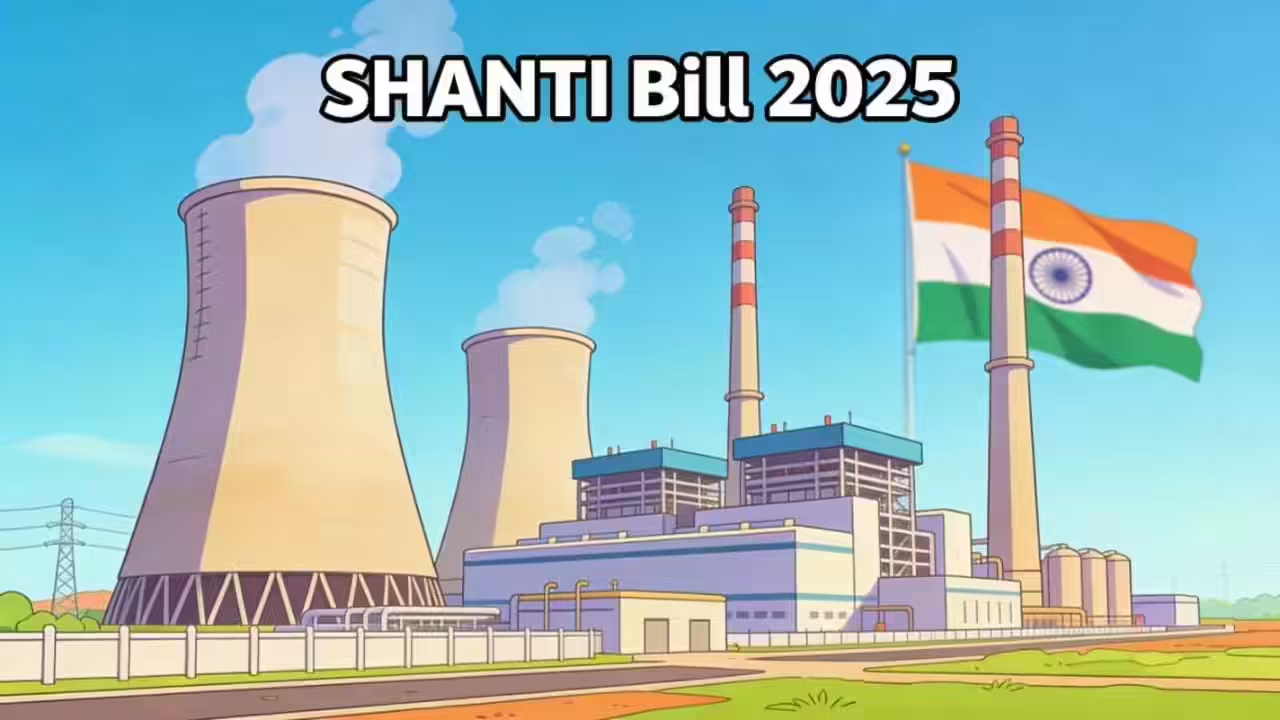Font size:
Print
Special Marriage Act
Context:
The Madhya Pradesh High Court ruled that the marriage of a Muslim man and a Hindu woman, even if registered under the Special Marriage Act, is not valid.
More on News:
- The Madhya Pradesh High Court ruled that the marriage of a Muslim man and a Hindu woman, even if registered under the Special Marriage Act, is invalid under Mahomedan law.
- Dismissing their plea for protection and marriage registration, the court emphasised that such a marriage remains irregular (fasid) despite the Special Marriage Act’s provisions.
About the Special Marriage Act (SMA), 1954:
- Legal Framework: Provides a legal framework for marriage between people of different religions or castes in India.
- Civil Marriage: Governs civil marriages where the state, not religion, sanctions the marriage.
- Comparison: Similar to the UK’s Marriage Act of 1949, recognising both civil and religious marriages.
Basic Provisions:
- Applicability: Extends to people of all faiths across India, including Hindus, Muslims, Sikhs, Christians, Jains, and Buddhists.
- Recognition of Marriage: Provides legal recognition and benefits such as inheritance, succession, and social security.
- Prohibition of Polygamy: Declares a marriage null and void if either party has a living spouse or is incapable of giving valid consent due to unsoundness of mind.
Written Notice and Objections:
- Notice Requirement: Parties must give written notice to the District Marriage Officer; one party must have lived in the district for at least 30 days prior.
- Objections: Section 7 allows objections within 30 days of notice publication.
- Age Limit: 21 years for males and 18 years for females.
Differentiation from Personal Laws:
- No Conversion Required: Enables interfaith or inter-caste marriages without conversion.
- Severance from Family: Once married under SMA, individuals are deemed severed from their family in terms of rights like inheritance.
Procedure for a Civil Marriage:
- Notice of Intended Marriage: Parties must give a written notice to the district’s Marriage Officer.
- Publication of Notice: Notice is published to invite objections within 30 days.
- Objections and Investigation: Marriage Officer investigates any objections raised.
- Marriage Solemnisation: Marriage can proceed after the notice period if no valid objections are raised.
- Marriage Certificate: Issued after the marriage is solemnised, serving as legal proof.
- Registration of Marriage: Must be registered within 30 days of the ceremony.
Importance of Special Marriage Act, 1954:
- Promoting Unity and Social Harmony: Allows interfaith and inter-caste marriages, promoting inclusivity.
- Protecting Individual Rights: Ensures the right to choose a life partner irrespective of religion or caste.
- Preventing Forced Marriages: Requires explicit consent from both parties.
- Legal Recognition and Benefits: Provides legal validity and benefits such as inheritance and social security.
- Simplifying Marriage Registration: Standardises and simplifies the marriage registration process.
Issues Related to SMA:
- Objections to Marriage: Provision for objections can be used to harass couples and delay or prevent marriage.
- Privacy Concerns: Publication of notice can violate privacy and disclose personal information.
- Social Stigma: Inter-caste or inter-religious marriages face social stigma and discrimination.
Way Forward:
- Streamlining the Process: Simplify and streamline the process; consider removing or making the 30-day notice period optional.
- Raising Awareness: Increase awareness about the SMA and its benefits, especially in rural areas.


